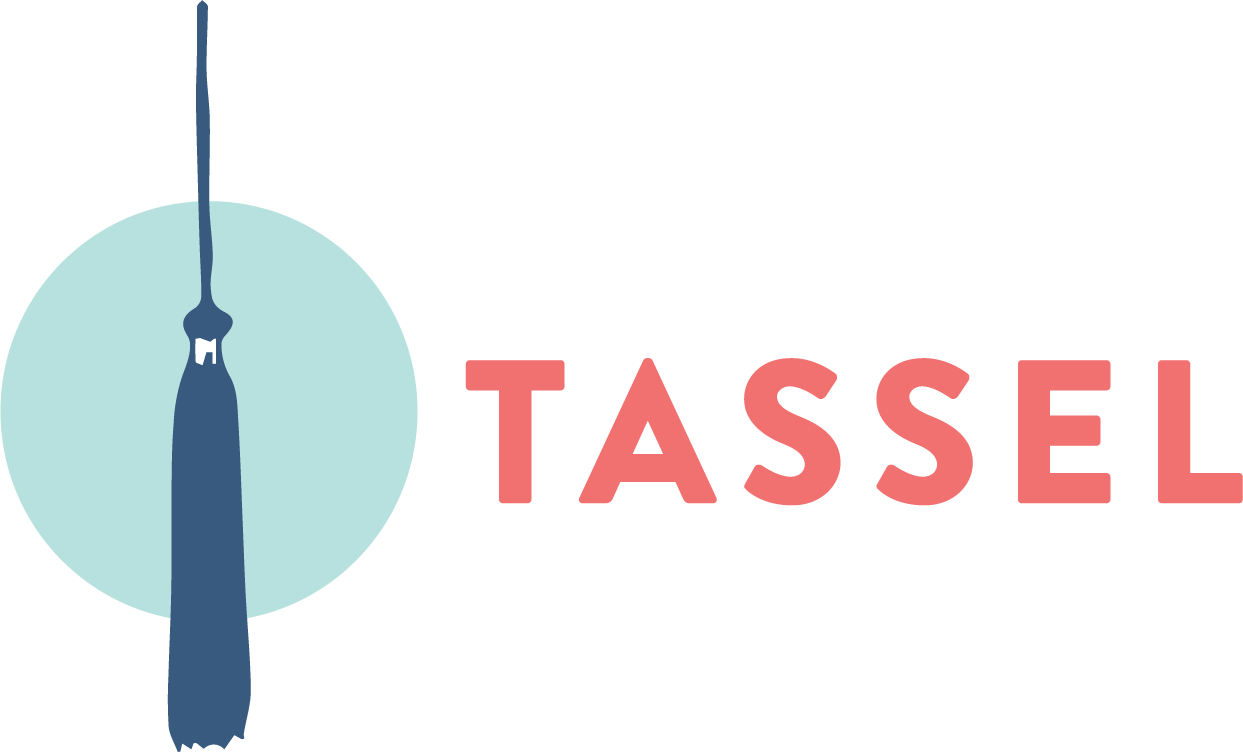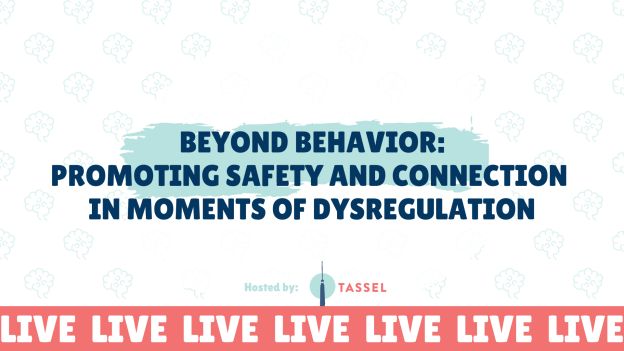Course Number: ABIO2439
When: Live course will take place on Zoom on November 15, 2024. All requirements are due by November 18, 2024 at 8:00PM ET. For the time of the course, take a look at the schedule here.
Where: Course available under “Course Content” at the bottom of this page.
Description: In this course, we explore effective strategies for building meaningful connections in therapy, recognize signs of dysregulation that signal a child may be struggling, and discuss how to create a supportive, connected environment. Additionally, we identify relational approaches that enhance therapy outcomes and highlight common strategies to avoid for a more affirming and successful practice.
Who This Course Is Good For:
- Parents, teachers, and related professionals working with children of all neurotypes, including those with behavioral challenges.
- Any ASHA member, CCC holder, or other professional licensed or credentialed to practice speech-language pathology (SLP) or audiology, or those preparing to earn ASHA CEUs.
- Therapists and professionals interested in fostering connection, emotional safety, and supportive environments for all children.
- Speech-language pathologists (SLPs) working in school-based, clinic, or private-practice settings who want to implement relational, connection-based approaches for both neurotypical and neurodiverse children.
Who This Course Isn’t Good For:
- Any professional that does not currently work with any pediatric clients or plan to in the near future.
Presenters:
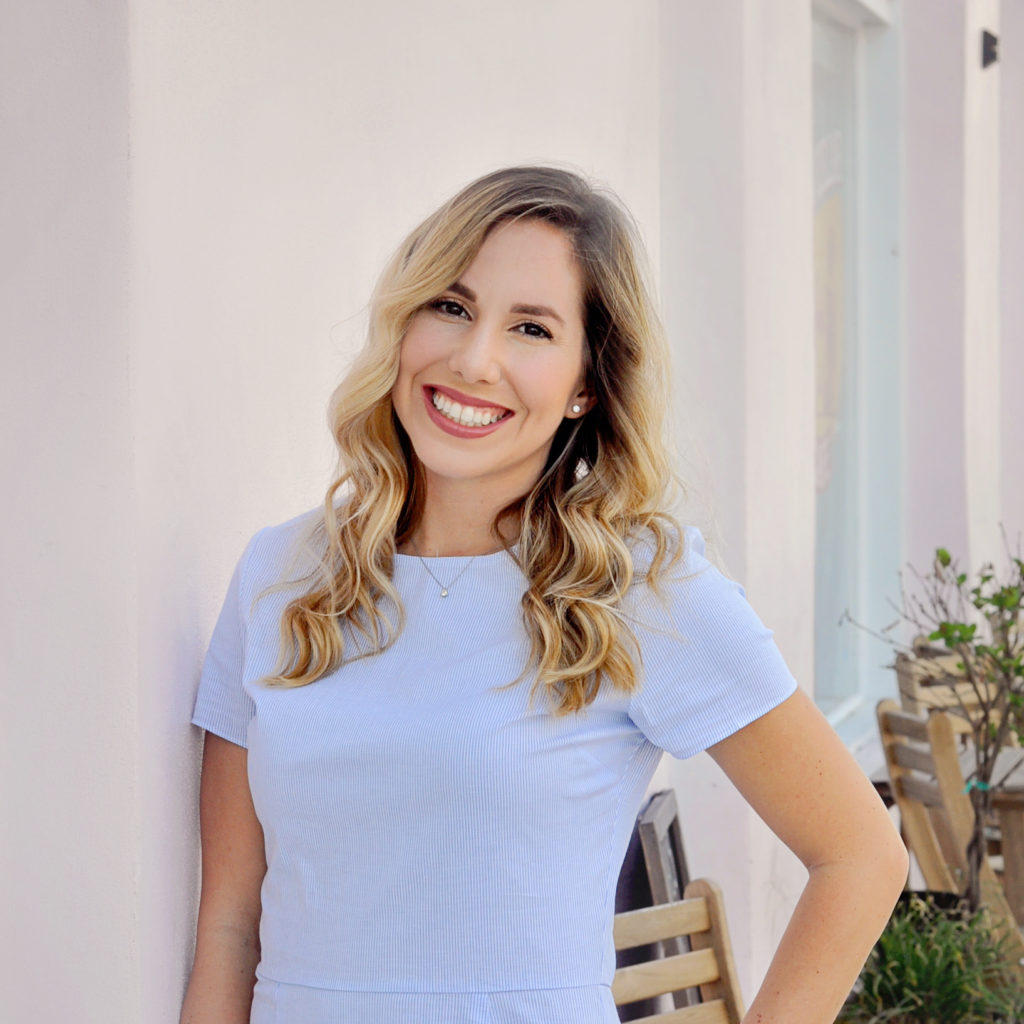
Venita Litvack, M.A, CCC-SLP (she/her)
Venita is an Assistive Technology (AT) Consultant in south Florida. She has a passion for using AAC, AT, and literacy to support individuals with complex communication needs, autism, and other disabilities. Venita has delivered poster presentations on several topics related to AAC at ASHA and co-presented several ASHA CEU accredited courses. Venita co-authored two articles published in ASHA Leader’s online publication, as well as the Lou Knows What to Do book series published by Boys Town Press. Recently, Venita started utilizing the power of social media to empower and motivate educators across the country through the Speechie Side Up podcast, blog, Instagram account, and YouTube channel.
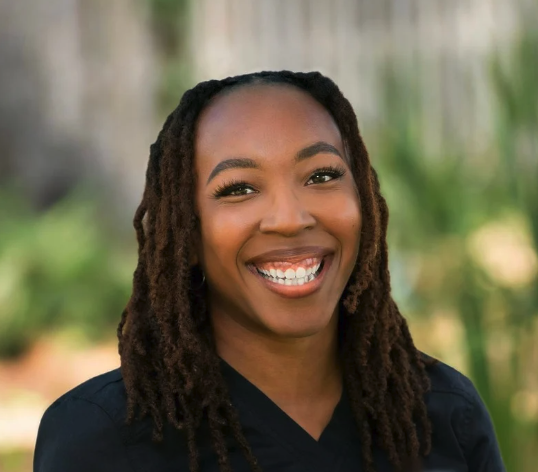
Dr. Diamond Rashad, OT (she/her)
Dr. Diamond Rashad (she/her), is a neurodivergent pediatric occupational therapist, disability advocate, and doula who resides in Georgia. She has worked as an occupational therapist for eight years and has experience working from a trauma-informed lens with children, adolescents, and young adults with differences in sensory integration, executive function, feeding & mealtime participation, and supporting Autistic clients and their families. As the founder of Emira’s Mamas & “A Dime of OT”; she is passionate about supporting birthing parents from pregnancy to postpartum, diversity and inclusion in allied health settings, social-emotional support & co-regulation, and advocacy for culturally responsive, equitable care.
Disclosure Statements
Venita Litvack has the following relevant financial relationships to disclose: ownership interest in Speechie Side Up, LLC and Tassel Learning, LLC; royalties from the Lou Knows What to Do book series.
Venita Litvack has the following relevant nonfinancial relationships to disclose: member of the ASHA Special Interest Group 12.
Dr. Diamond Rashad has the following relevant financial relationships to disclose: The speaker is being compensated for this presentation and may earn affiliate commissions from related products and services.

Learning Outcomes
As a result of this activity, participants will:
- Describe at least 2 strategies to cultivate connections in therapy settings.
- Define 2 signs of dysregulation that may indicate a child is struggling.
- List 2 or more strategies to foster a supportive and connected environment during therapy.
- Identify 2 relational approaches that positively impact therapy goals and 2 strategies to avoid.
Agenda
| 5 min | Introductions and Backgrounds |
| 10 min | Cultivating Connections in Therapy Settings |
| 10 min | Recognizing Signs of Dysregulation |
| 15 min | Creating a Supportive, Connected Environment |
| 10 min | Relational Approaches to Achieving Goals |
| 5 min | Helpful resources |
| 5 min | References & closing remarks |
Complaint Policy
To file a complaint or ask general questions about the complaint filing process, please contact our support team at info@tasseltogether.com
Refund Policy
Click here to read more about our refund policy.
Requirements
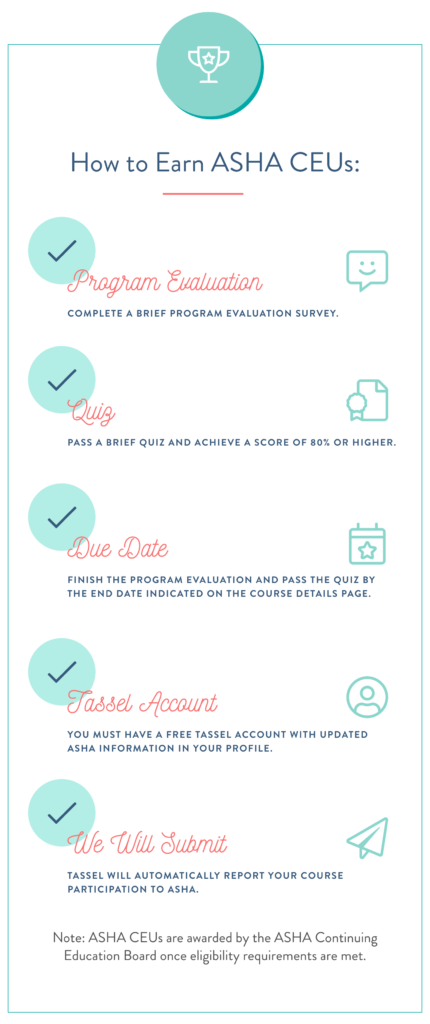
Course Content
